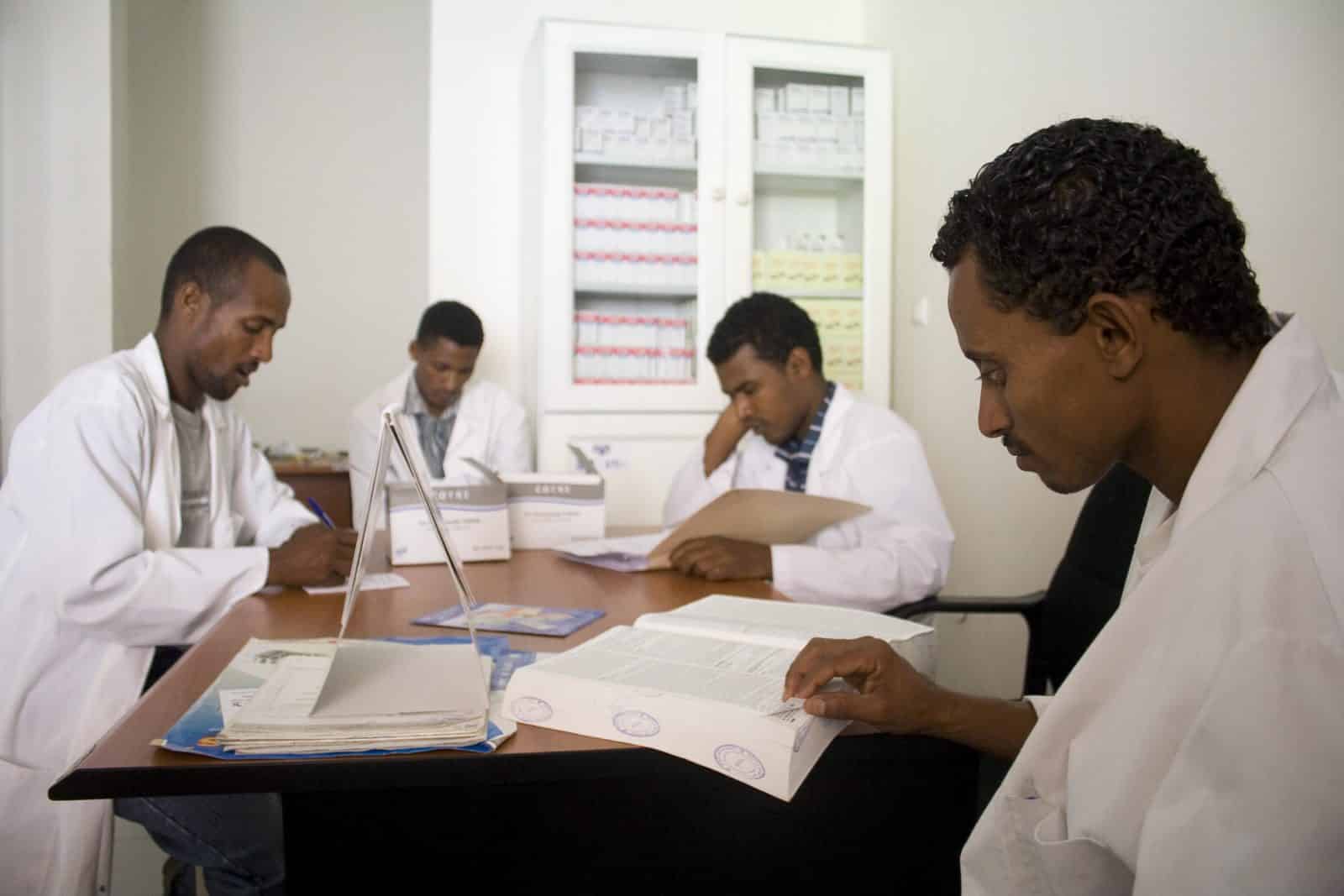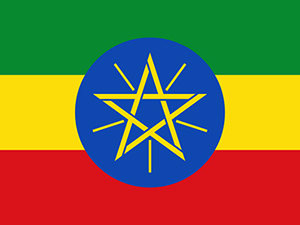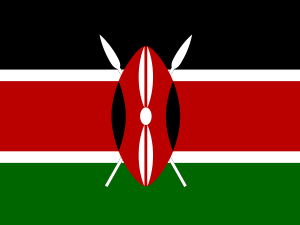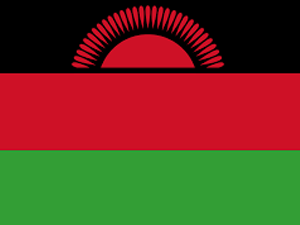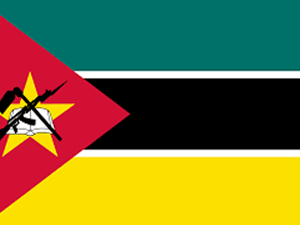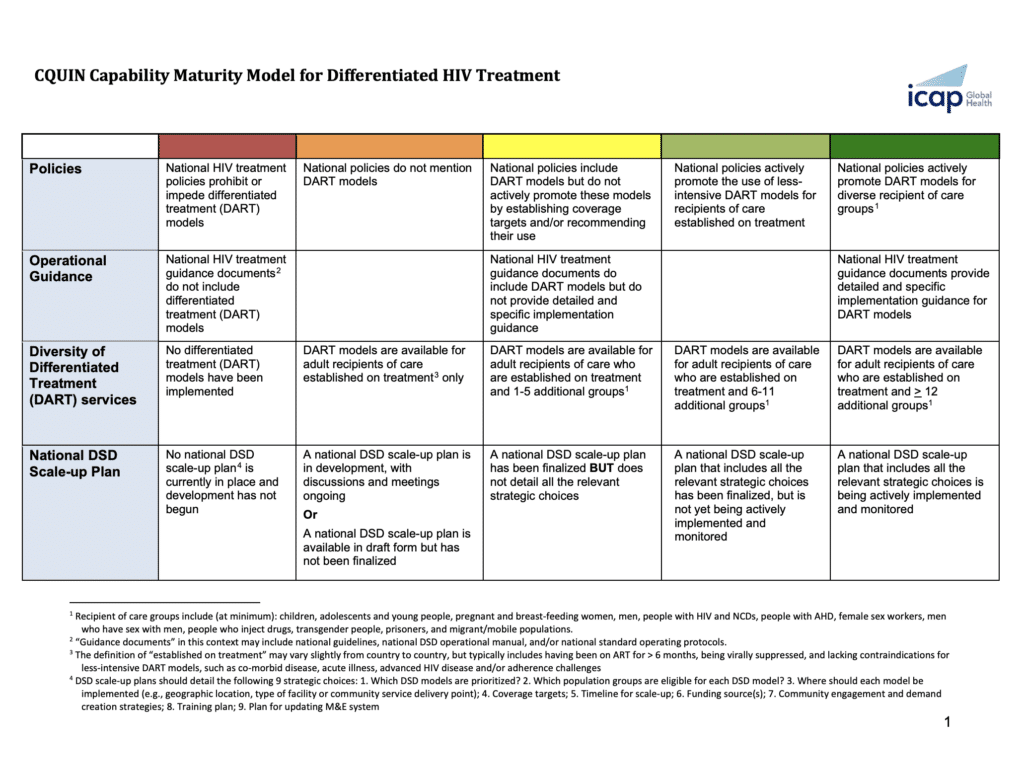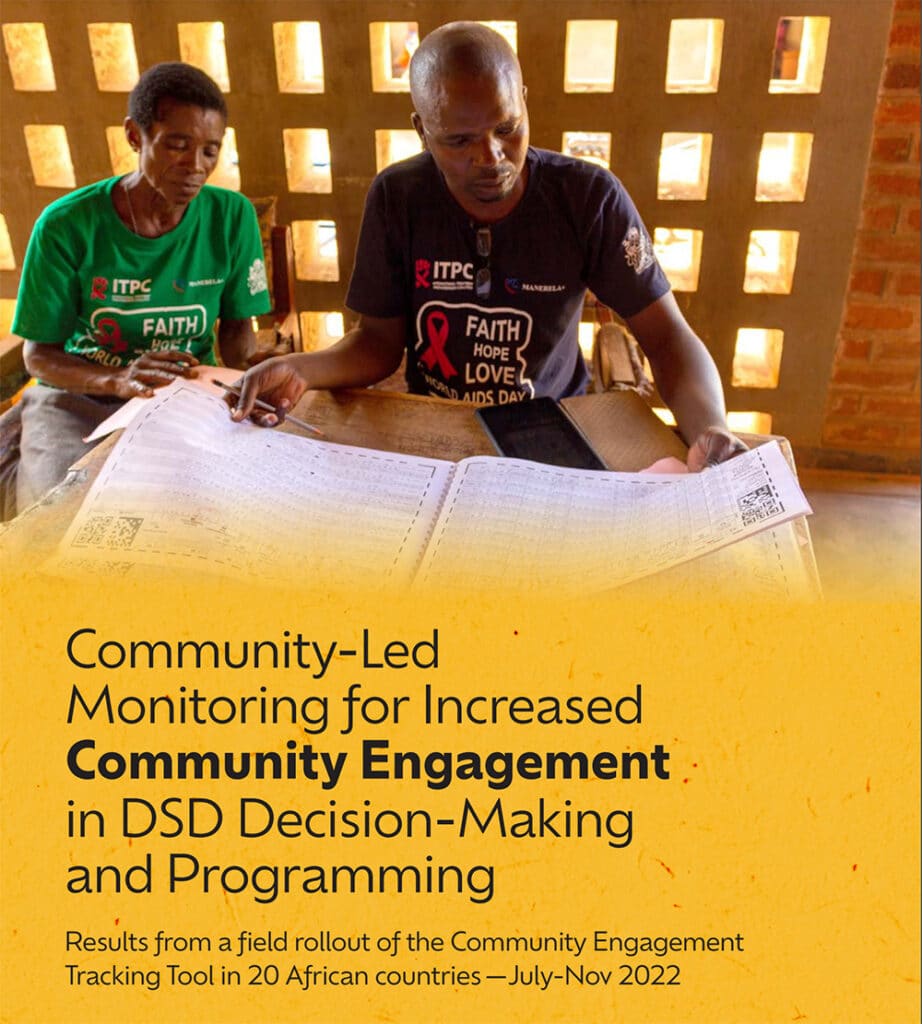Case Examples from Ethiopia and Tanzania
“Close-to-community (CTC) providers, including community health workers or volunteers or health extension workers, can be effective in promoting access to and utilization of health services. The Community Health System Strengthening (CHSS) model is part of an improvement approach which draws on existing formal and informal networks within a community, such as agricultural or women’s groups, to support CTC providers and address gaps in community-based health services.
Two case studies are presented in this document. In Ethiopia, the CHSS model was applied in 18 communities to increase HIV testing among pregnant women and antenatal care service utilization and improve sanitation. During implementation, more pregnant women registered for antenatal care and tested for HIV; health extension workers conducted more postnatal visits; and more households had functioning latrines and proper latrine use increased.
In Tanzania, the CHSS model was applied in five communities to improve HIV testing and care retention. Community team members talked to their families and social networks about HIV testing and, when they identified someone who had dropped out of treatment, they referred those individuals to the home-based care volunteer. Increases in HIV testing and a reduction in patients lost to follow-up were observed. The CHSS approach may result in sustainable community-based programs, especially in HIV where the continuum of care extends beyond the facility and into the community.”
